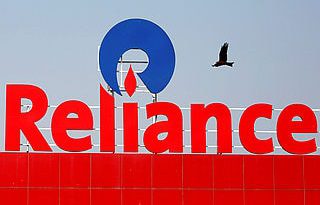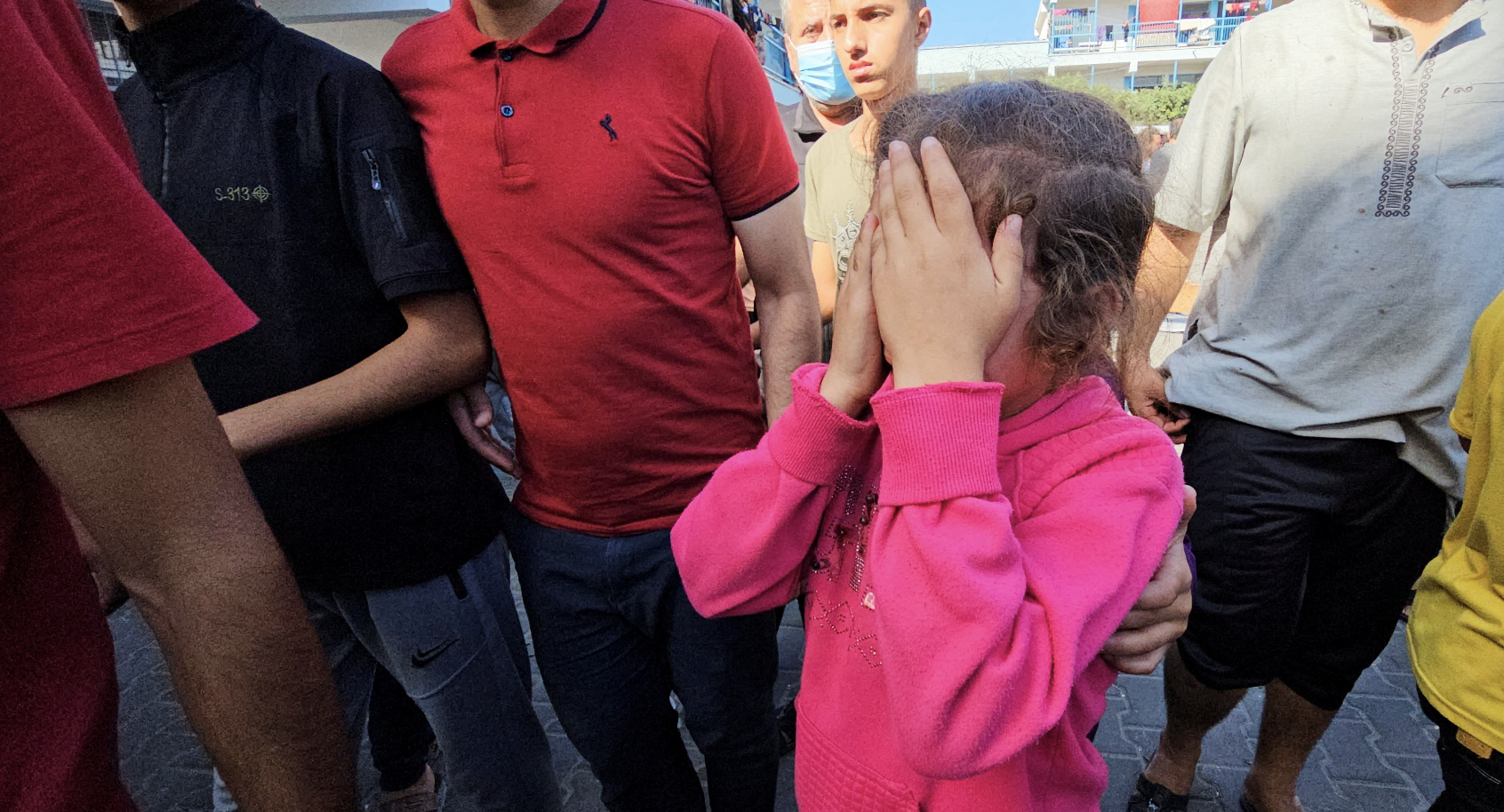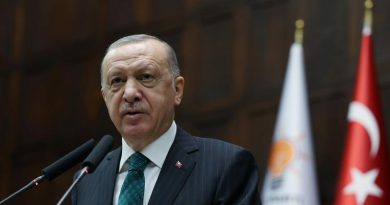West unveils sanctions with more ready if Russia launches full-scale Ukraine invasion
Washington (Reuters) – Western nations and Japan on Tuesday punished Russia with new sanctions for ordering troops into separatist regions of eastern Ukraine and threatened to go further if Moscow launched an all-out invasion of its neighbour.
The United States, the European Union, Britain, Australia, Canada and Japan announced plans to target banks and elites while Germany halted a major gas pipeline project from Russia in one of the worst security crises in Europe in decades.
Bitter about Ukraine’s long-term goal to join NATO and claiming it as historic Russian land, Russian President Vladimir Putin has amassed more than 150,000 troops near Ukraine’s borders, according to U.S. estimates, and ordered soldiers into the breakaway Donetsk and Luhansk regions to “keep the peace”.
The United States dismisses that justification as “nonsense”.
Satellite imagery over the past 24 hours shows several new troop and equipment deployments in western Russia and more than 100 vehicles at a small airfield in southern Belarus, which borders Ukraine, according to U.S. firm Maxar.
U.S. Secretary of State Antony Blinken and French Foreign Minister Jean-Yves Le Drian cancelled separate scheduled meetings with Russian counterpart Sergei Lavrov on Tuesday as weeks of frantic diplomacy failed to end the crisis.
“To put it simply Russia just announced that it is carving out a big chunk of Ukraine,” Biden said on Tuesday.
“This is the beginning of a Russian invasion.”
Plans announced by Biden to bolster Estonia, Latvia and Lithuania include sending 800 infantry soldiers and up to eight F-35 fighter jets to locations along NATO’s eastern flank, a U.S. official said, but are a redistribution, not additions.
Putin did not watch Biden’s speech and Russia will first look at what the United States has outlined before responding, according to Kremlin spokesperson Dmitry Peskov, cited by Russian news agencies.
Putin said he was always open to finding diplomatic solutions but that “the interests of Russia and the security of our citizens are unconditional for us.”
Moscow is calling for security guarantees, including a promise that Ukraine will never join NATO, while the United States and its allies offer Putin confidence-building and arms control steps to defuse the stand-off.
Lavrov brushed off the threat of sanctions.
“Our European, American, British colleagues will not stop and will not calm down until they have exhausted all their possibilities for the so-called punishment of Russia,” he said.
Gas Pipeline Halted
In perhaps the most significant measure announced on Tuesday, Germany halted the $11 billion Nord Stream 2 pipeline owned by Russian state-owned gas giant Gazprom , a move likely to raise gas prices in Europe.
Built and awaiting German approval, the pipeline had been set to ease the pressure on European consumers facing record energy prices but critics including the United States have long argued it would increase Europe’s energy dependence on Russia.
German Economy Minister Robert Habeck warned that gas prices in Europe were likely to rise in the short term. Dmitry Medvedev, Russia’s former president and now deputy chairman of its Security Council, suggested prices could double.
“Welcome to the new world where Europeans will soon have to pay 2,000 euros per thousand cubic metres!” he said on Twitter.
The Kremlin said it hoped the Nord Stream delay was temporary and Putin said Russia “aims to continue uninterrupted supplies” of energy to the world.
U.S. sanctions target Russian elites and two state-owned banks, excluding them from the U.S. banking system, banning them from trading with Americans, and freezing their U.S. assets. They also seek to deny the Russian government access to Western financing.
The U.S. sanctions applied to VEB bank and Russia’s military bank, Promsvyazbank, which does defence deals. Russia’s two largest commercial lenders, Sberbank (SBER.MM) and VTB (VTBR.MM), would face American sanctions if Moscow proceeded with its invasion of Ukraine, a U.S. official said.
Biden said that while more sanctions were being prepared in the event of a full-scale Russian invasion, it was critical to ensure such measures did not hurt Americans in the form of steeper energy costs.
Crude oil futures on Tuesday reached their highest levels since 2014.
A U.S. State Department official said sanctions that could be imposed in the near future “will not target oil and gas flows”.
Britain announced sanctions on three billionaires with close links to Putin, and five smaller lenders including Promsvyazbank.
The European Union has agreed to blacklist banks involved in financing separatists in eastern Ukraine and to cut the Russian government out of its debt markets.
Europe’s banks – particularly those in Austria, Italy and France – are the world’s most exposed to Russia. European lenders hold the lion’s share of the nearly $30 billion in foreign banks’ exposure to Russia, according to the Bank for International Settlements.
Brian O’Toole, a former Treasury Department official now with the Atlantic Council, questioned the wisdom of not targeting a major commercial lender immediately.
“The risk they run by not going after a big state-owned commercial bank is that Putin thinks that the West is not going to be willing to bear the pain of big economic sanctions, and therefore that he can safely expand his ambitions,” he said.
In eastern Ukraine, some residents in Donetsk city celebrated Russia’s recognition of statehood, flying Russian flags from cars and sounding their horns.



